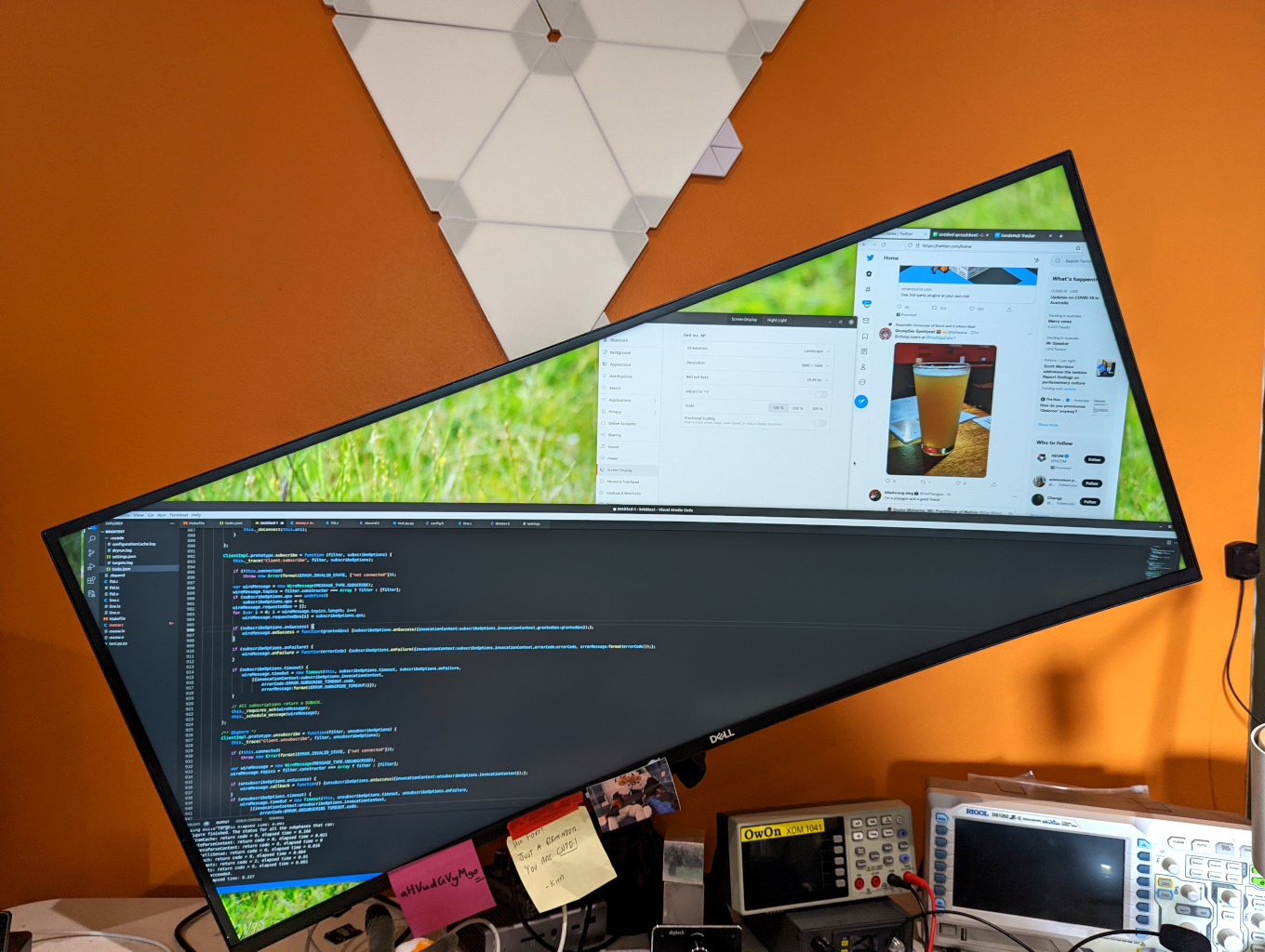

Well, logically the immunity would also cover the vice president, as the stated argument for immunity was that a president should be able to act without having to clear everything with a lawyer. Logically, a vice president should then also have the same immunity.
So I guess murdering the president to take their job simply has to be done while shouting “This is an official act of the office of the vice president!” as a battle cry.









This depends. I’ve found that the cheaper KVM solutions are pretty picky when it comes to supported hardware and standards. While the more expensive/industrial ones are more forgiving.